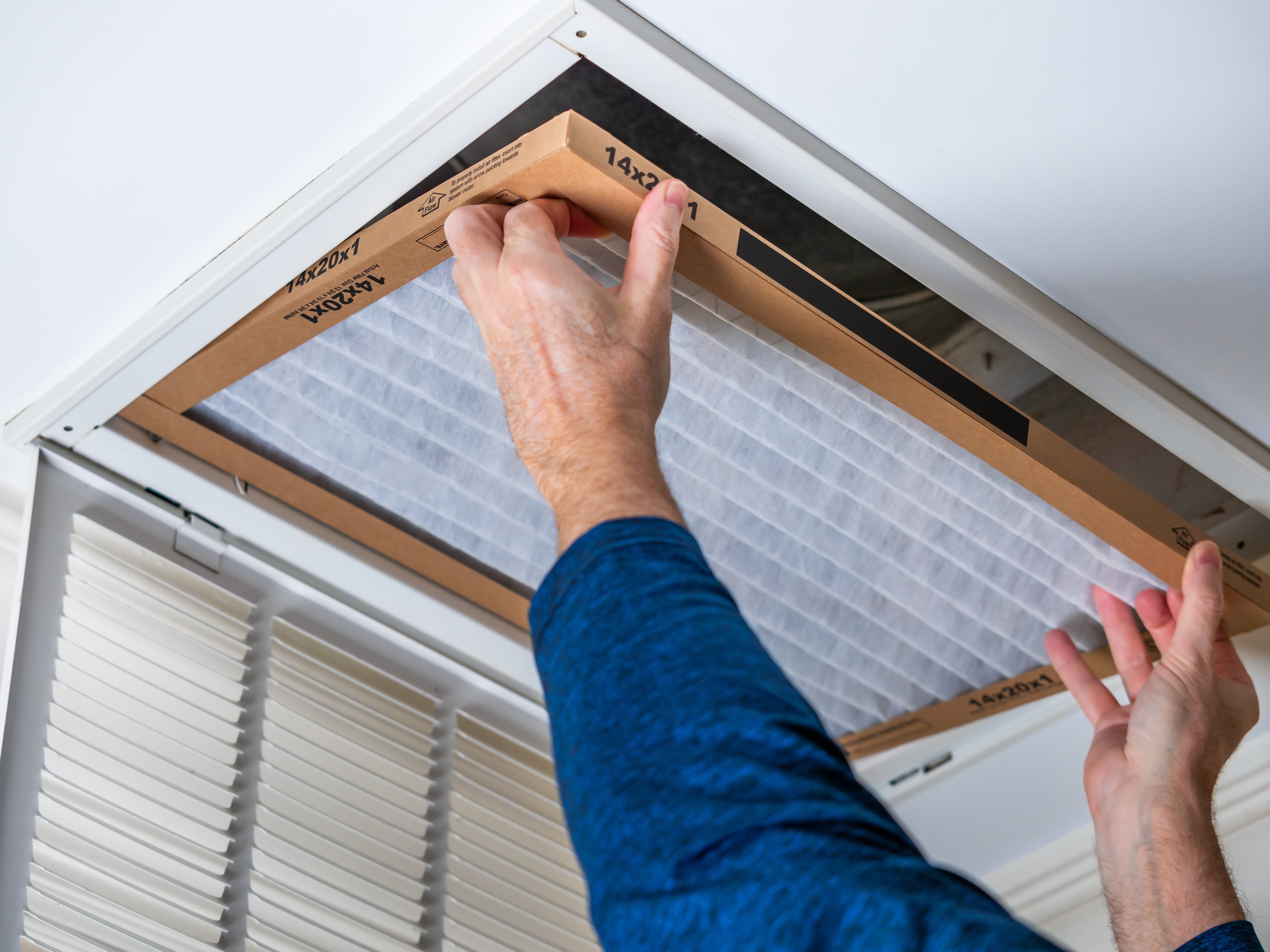
The interior of your home is a prominent source of toxins and irritants. Exposure to indoor air pollutants has been linked to various health problems, from respiratory inflammation to cancer. Contaminants such as formaldehyde, nitrogen dioxide, and volatile organic compounds can cause immediate health effects upon exposure. Others, such as carbon monoxide, create delayed effects that may be more difficult to identify. Research the dangers of these pollutants and take action to reduce their presence.
1. Use an Air Purifier in Your Home
An effective first step towards improving health in the home is to have a dedicated purification system installed. Investing in a high-quality air cleaner can help to reduce the concentration of specific pollutants by as much as 90 percent. Some air purifiers are equipped with HEPA filters. This type of filter can remove 99.97 percent of particulates 10 microns and smaller. Clean or replace the filters to ensure the purifier performs optimally. Your air purifier should be turned to a higher setting when more particulates are in the air, such as when cooking.
2. Incorporate Air-Purifying Plants Into Your Home
Plants may enhance indoor air quality by improving the exchange of oxygen and carbon dioxide. This can help lessen the concentration of formaldehyde. Look for plants known to be effective air cleaners, such as spider plants and English ivy. Other flowers and herbs, such as lavender and mint, can also help purify the air. Place them around your home to freshen up the surroundings, or grow them in pots on your patio. Ensure these plants have enough light to thrive and water them regularly.
3. Clean Your Home Regularly
Regularly vacuum your carpet and rugs to remove dust and debris. Vacuum your upholstered furniture, beds, and headboards to prevent allergens from accumulating. A professional cleaning every few months is also a good idea. If you have a pet, wash their bedding and groom them regularly to eliminate dander. When cleaning, use non-toxic solutions, preferably natural products, as they do not contain artificial fragrances and chemicals.
4. Control the Humidity Levels
You can reduce the amount of mold in your home by maintaining a reasonable level of humidity. Excessive moisture can damage wood and cause mildew. To avoid high humidity and related problems, leave a small gap around your bathroom or kitchen window. Install dehumidifiers in areas of your home prone to high moisture levels, such as basements and laundry rooms. Use fans in the summer to circulate air and avoid condensation.
A healthy home is a priority for your family. D&R Heating & Cooling, LLC is a full-service HVAC contractor serving homeowners throughout Parkersburg , WV. We provide 24/7 emergency repair service and can fix any issue with your heating and cooling system.
